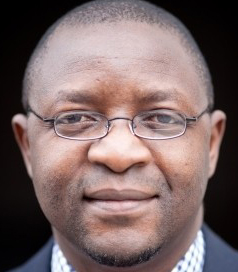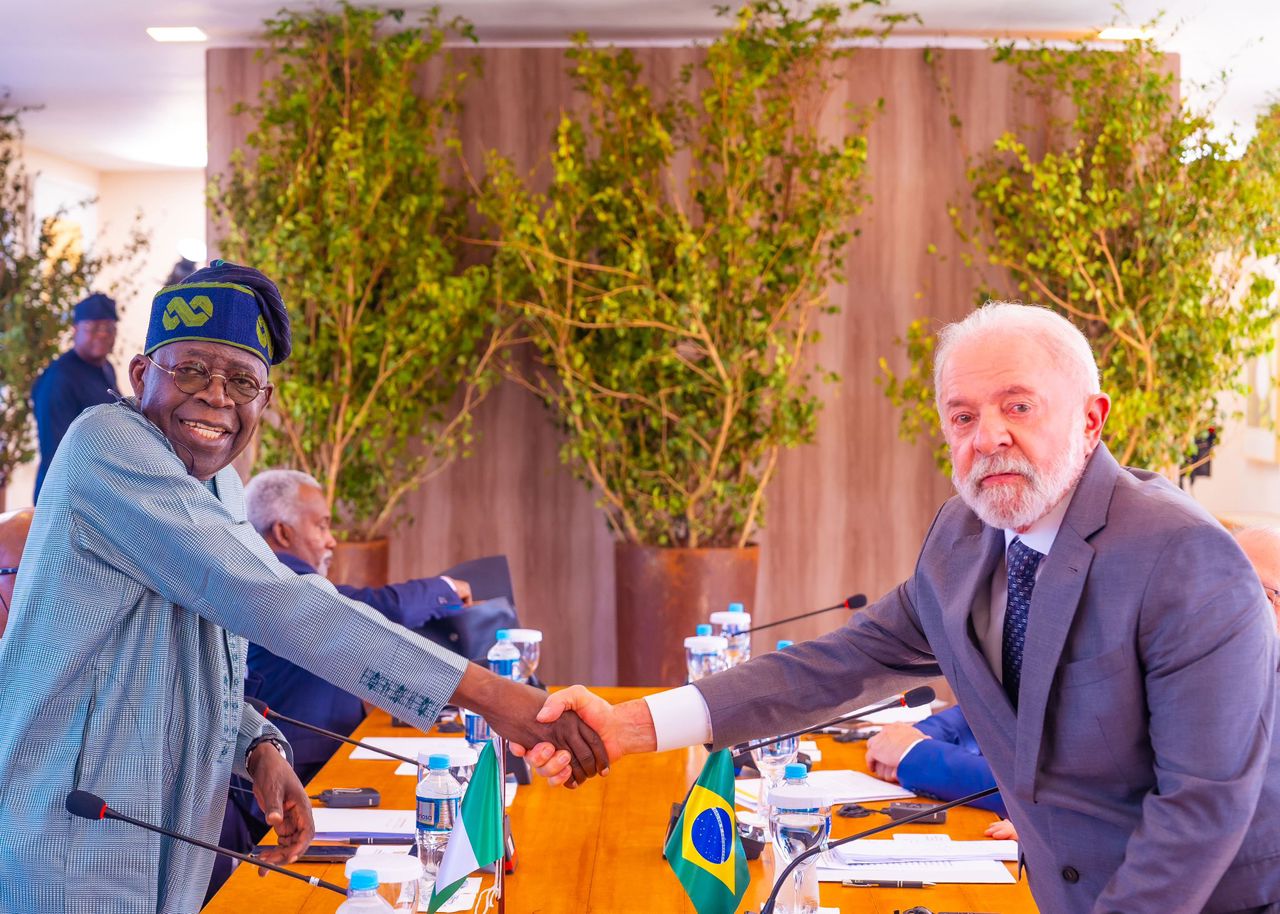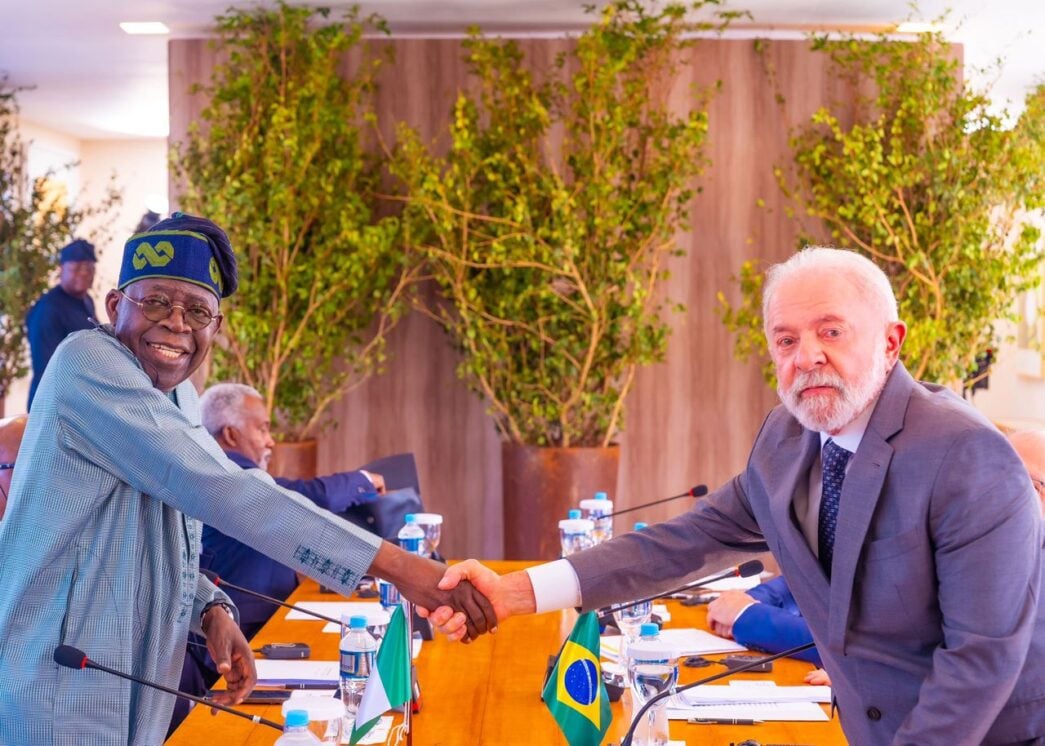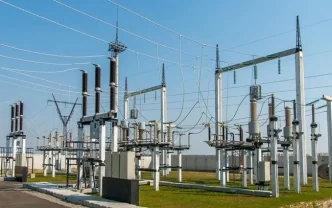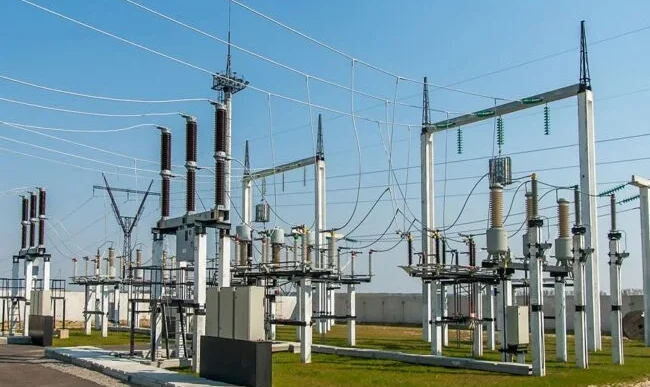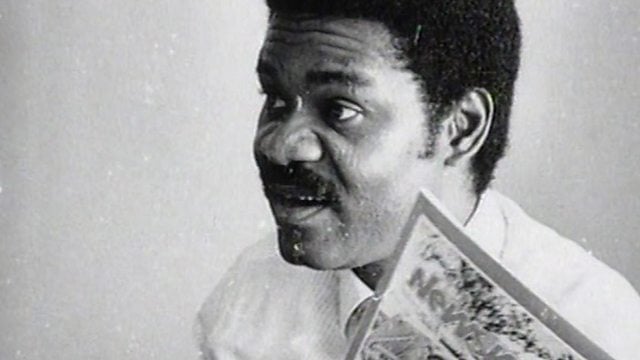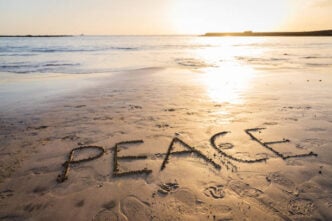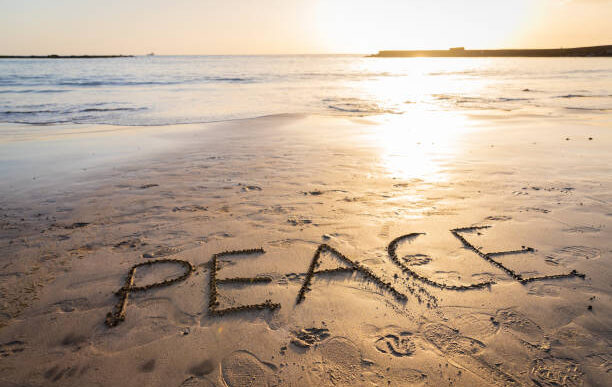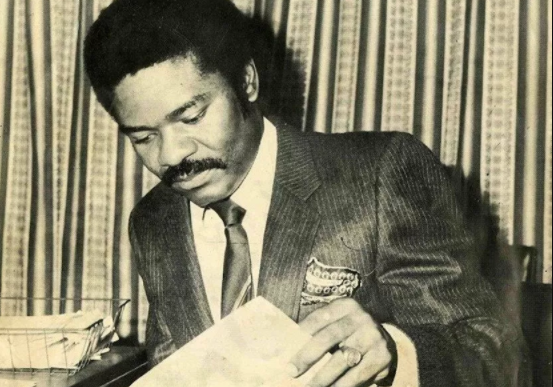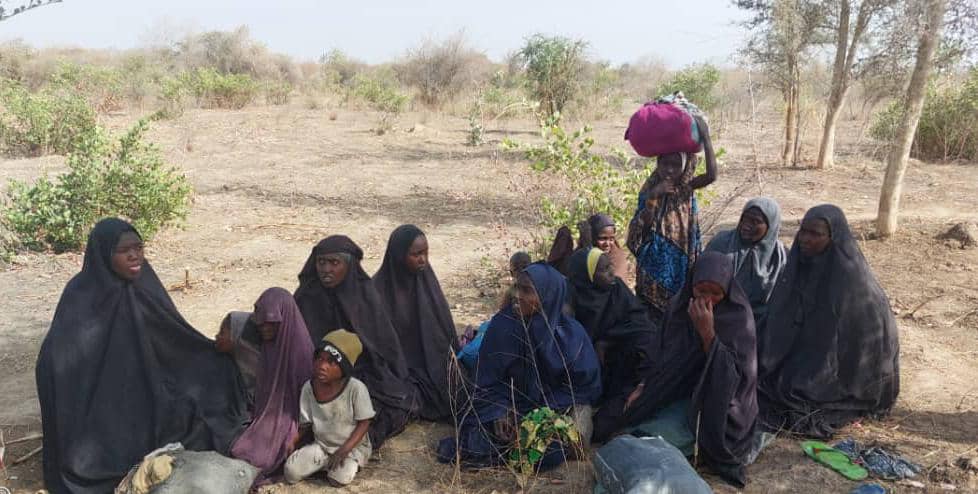Three visits in less than a year. That is not mere coincidence, it is deliberate strategy. And as usual, disingenuous reportage from a section of the press is insinuating some obsession of President Tinubu with Brazil. Well, Yes. But It is an obsession in pursuit of economic partnerships and opportunities for Nigeria. And that’s what visionary leaders do.
The deeper truth, however, lies in a deliberate arc of diplomacy — one that connects Nigeria’s voice in global governance to concrete opportunities for investment, trade, and cooperation.
President Bola Ahmed Tinubu will undertake his third visit to Brazil from August 24–25, 2025, at the invitation of President Luiz Inácio Lula da Silva, one of our biggest supporters and partners.
This two-day State Visit will feature bilateral meetings, a Nigeria–Brazil Business Forum with leading investors, and the signing of key agreements and Memoranda of Understanding (MoUs) to strengthen cooperation across agriculture, energy, technology, aviation, renewable energy and cultural exchange.
Advertisement
A strategic Arc -From G20 to BRICS to a State Visit:
The first visit of President Tinubu to Brazil was in November 2024: for the G20 Leaders’ Summit, Rio de Janeiro from November 18-19, 2024. The President was at the summit which focused on ‘Building a Just World and a Sustainable Planet,’ a gathering that was convened to tackle major global challenges like poverty, hunger, energy transition, and sustainable development.
At that forum, Tinubu gracefully advocated for reforming global governance structures, continuing Nigeria’s long-standing call for fairer representation of developing nations in decision-making institutions.
Advertisement
The sophomore visit was barely a month ago from 6th-7th of July for the BRICS Summit, in Brasília. At this 17th BRICS Summit, President Tinubu participated as the leader of a Partner Country- a membership category short of full status but significant, nonetheless.
This BRICS summit focused on ‘Strengthening Global South Cooperation for More Inclusive and Sustainable Governance’ with discussions centering on social, economic, and environmental development. President Tinubu’s message rang out clearly : Nigeria cannot remain a passive observer in the evolving global order — it must be an active shaper of a fairer and more inclusive system.
“Nigeria strongly believes in South-South cooperation. We can, therefore, not be passive participants in global decision-making on financial restructuring, debt forgiveness, climate change, environmental issues, and healthcare”.
And now, this august visit in August 2025- this State Visit marks the transition from diplomacy to deals. Beyond dialogue, the focus will be activating multi-billion-dollar agricultural investments, advancing joint initiatives like the $1.1 billion Green Imperative mechanization project and securing new flows of FDI into Nigeria’s agriculture and energy sectors. It is also about deepening political trust, expanding cultural exchange, and harnessing shared opportunities in renewable energy, climate resilience, and digital transformation.
Advertisement
Why Nigeria and Brazil Must Work Together
Brazil is Latin America’s largest economy and a global agricultural powerhouse. Nigeria is one of Africa’s largest economies with vast arable land and a young, dynamic population. Both are leaders of the Global South with converging aspirations in South–South cooperation.
Together, we face common challenges — and opportunities:
• Food Security: Brazil’s advanced mechanization and Nigeria’s fertile land create a powerful synergy.
• Climate Change & Energy Transition: Both countries share vulnerabilities, requiring joint innovation in renewables and green finance.
• Global Trade Realignment: With uncertainties around U.S. AGOA renewal, BRICS-linked trade and currency channels are becoming vital.
• Technology & Youth Employment: Harnessing the digital economy is central to empowering their youthful populations.
Trade and Investment Potential
Advertisement
Trade between Nigeria and Brazil has experienced sharp swings in recent years. From a high of about US $9 billion a decade ago, bilateral trade fell to just US $1.6 billion in 2023, reflecting underutilized opportunities and shifting global dynamics.
In 2024, the figure remained under US $2 billion, with Brazil exporting roughly US $970 million worth of goods such as machinery and poultry to Nigeria, while Nigeria’s exports to Brazil stood at about US $920 million, driven by oil, cocoa, urea, and sesame. Brazil’s total imports from Nigeria in 2024 were valued at US $1.17 billion, largely mineral fuels and fertilizers.
Advertisement
Despite this contraction, the trade balance between the two economies remains relatively even, a sign of mutual complementarity rather than one-sided dependence. Nigeria’s non-oil exports are increasingly finding space in the Brazilian market — in October 2024 alone, Nigeria’s non-oil exports reached US $0.62 billion, with Brazil as the single largest destination, accounting for over 20 per cent of the total.
This demonstrates that beyond hydrocarbons, sectors like agriculture and agro-processing are already serving as bridges between the two economies, with clear potential for scaling up.
Advertisement
Looking ahead, both countries have set ambitious targets to revive and expand their trade partnership. At seevral fora, leaders pledged to push trade back above US $2 billion, with a longer-term goal of reaching US $3.5 billion by 2030.
Nigeria and Brazil have since signed onto an economic cooperation with the launch of the Green Imperative Partnership (GIP), a USD $1.1 billion initiative aimed at supplying 10,000 tractors and 50,000 pieces of equipment, to be assembled in Nigeria.
This project is estimated to provide about 100,000 direct jobs and over 5 million indirect jobs. The program is anticipated to advance agricultural mechanisation and food security in Nigeria. It is imperative to note that the Green Imperative Agreement was signed during the visit of the Brazilian Foreign Minister, H.E. Mauro Viera, in Abuja this year.
Advertisement
In Oil & Gas, Brazilian giants such as Petrobras and Embraer are exploring investments in energy and aviation. The BASA Agreement for a direct flight route between our two countries is already on the table to be consummated , a move that would dramatically improve connectivity, lower costs, and unlock new flows of trade, tourism, and investment.
Cultural Linkages
Asides trade and economy, Nigeria and Brazil are linked by deep historical bonds dating back to the transatlantic slave trade, when millions of Africans — especially Yoruba, Hausa, and Igbo — were taken to Brazil. Their languages, faiths, music, and cuisine left lasting imprints, visible today in Salvador da Bahia, Rio de Janeiro, and Afro-Brazilian traditions like Candomblé and Capoeira. Consular relations between the two countries are marked by the presence of an estimated 9,000 Nigerians residing in Brazil, the majority of whom live in Sao Paulo, the biggest city and commercial nerve center of the country.
These roots now fuel modern exchanges in art, film, music, and academia, with Yoruba studies thriving in Brazil and Afro-Brazilian festivals attracting Nigerians. Such cultural diplomacy strengthens goodwill and opens pathways in the creative economy, heritage tourism, and education — proving the Nigeria–Brazil relationship is as much about shared identity as it is about shared strategy.
Beyond Trade and Diplomacy — Towards Shared Prosperity
The growing relevance of BRICS and the G20 signals a shift toward a multipolar world order. This is not about opposing any single power bloc; it is about ensuring space for voices like Nigeria’s and Brazil’s in reshaping trade, finance, technology, and food systems.
As President Tinubu argued in Brasília, BRICS and South–South frameworks allow nations like Nigeria and Brazil to ‘look inward to decide what is important for our people and how we can leverage partnerships to accelerate development.’
Nigeria and Brazil share several commonalities, including vast territories, large populations, tropical climates, and similar colonial histories. Both Countries hold considerable influence within their respective regions and are active members of key international organisations. They have been strong advocate for South-South Cooperation, with Brazil viewing Nigeria as a strategic gateway to the Economic Community of West African States (ECOWAS) market.
This State Visit is the next leap forward in a carefully crafted strategy — one that transforms shared history and mutual challenges into shared prosperity.
This State Visit is yet one of President Tinubu’s Power Forward Diplomacy (PFD), one that obliterates obstacles but propels Nigeria into a new era of bold economic and political diplomacy. A handshake across the Atlantic between two Global players in their own rights. Let the world take note : BRAZIL IS THEREFORE NOT A DETOUR BUT A DESTINATION.
Views expressed by contributors are strictly personal and not of TheCable.
